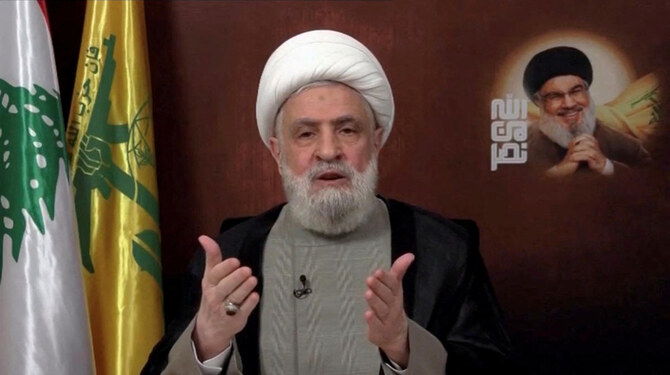JERUSALEM/CAIRO: Israel said it shot down a missile launched from Yemen on Sunday and the Yemeni Houthi movement said it had fired several missiles at the Israeli city of Eilat after Israel’s first public strike against the Iran-aligned group a day earlier.
The Houthis have launched missiles and drones at Israel and disrupted global trade through the Red Sea in response to Israel’s assault on Gaza, further destabilising the Middle East as war in the Palestinian enclave rages on after nine months.
Israel says the Houthis have launched 200 attacks against it since the Gaza war began, many of them intercepted and most of them not deadly.
But a rare Houthi drone strike on Friday hit Tel Aviv and killed one person, prompting Israel to announce its first strikes against the group on Saturday. The strikes by warplanes hit near the Yemeni port of Hodeidah and killed six people, local medics said.
The Houthi movement, known formally as Ansar Allah, said on Sunday it would continue to attack Israel in response.
Houthi spokesperson Mohammed Abdulsalam told Qatar’s Al Jazeera TV there would be “no red lines ... all sensitive institutions ... will be a target for us.”
The Israeli military said its Arrow 3 missile defense system had shot down a surface-to-surface missile projectile launched from Yemen on Sunday before it crossed into Israeli territory.
Before the interception, air raid sirens sounded in the Red Sea port city of Eilat, sending residents running for shelter.
Sunday’s attack prolonged an escalation of violence between Israel and the Houthis that began with the Houthi drone strike that hit the center of Tel Aviv on Friday. One man was killed and four other people were wounded, officials said.
The Israeli warplanes’ air raid on Hodeidah on Saturday killed six people and wounded more than 80, medical sources in Yemen told Reuters, describing all as civilians.
Images from the scene showed a fiery blaze and dense smoke rising from the site of the strike. A Houthi-run TV channel said the strikes had hit an oil facility and power station.
Israeli officials say Hodeidah port has been used by the Houthis to receive weapons shipments from Iran.
PROXY BATTLE
The exchanges are part of a spillover from the Gaza war that has drawn in regional and world powers.
Iran-aligned groups including the Houthis have fired rockets and missiles at Israel saying they are doing so in support of Palestinians and the Islamist militant group Hamas that governs Gaza. The United States and its allies back Israel and provide weapons to it.
The war began on Oct. 7 after a Hamas-led attack on southern Israel in which about 1,200 people were killed and over 250 taken hostage back to Gaza, according to Israeli authorities.
Israel has since bombed and invaded Gaza as part of what it says is a campaign to eliminate Hamas, killing nearly 39,000 people, according to health officials in the enclave.
The Houthis, who control much of the north of Yemen and other large population centers, have previously claimed targeting Eilat and other attacks directed at Israel, saying they are acting in retaliation for Israel’s war on Gaza.
The group has also attacked Red Sea shipping routes for months.
Hamas’ allies include Iran-backed groups such as the Houthis, Hezbollah in Lebanon and Iraqi paramilitaries.
The Houthi movement consists primarily of members a minority Shiite Muslim group in Yemen and has controlled the country’s capital, Sanaa, for years.




























